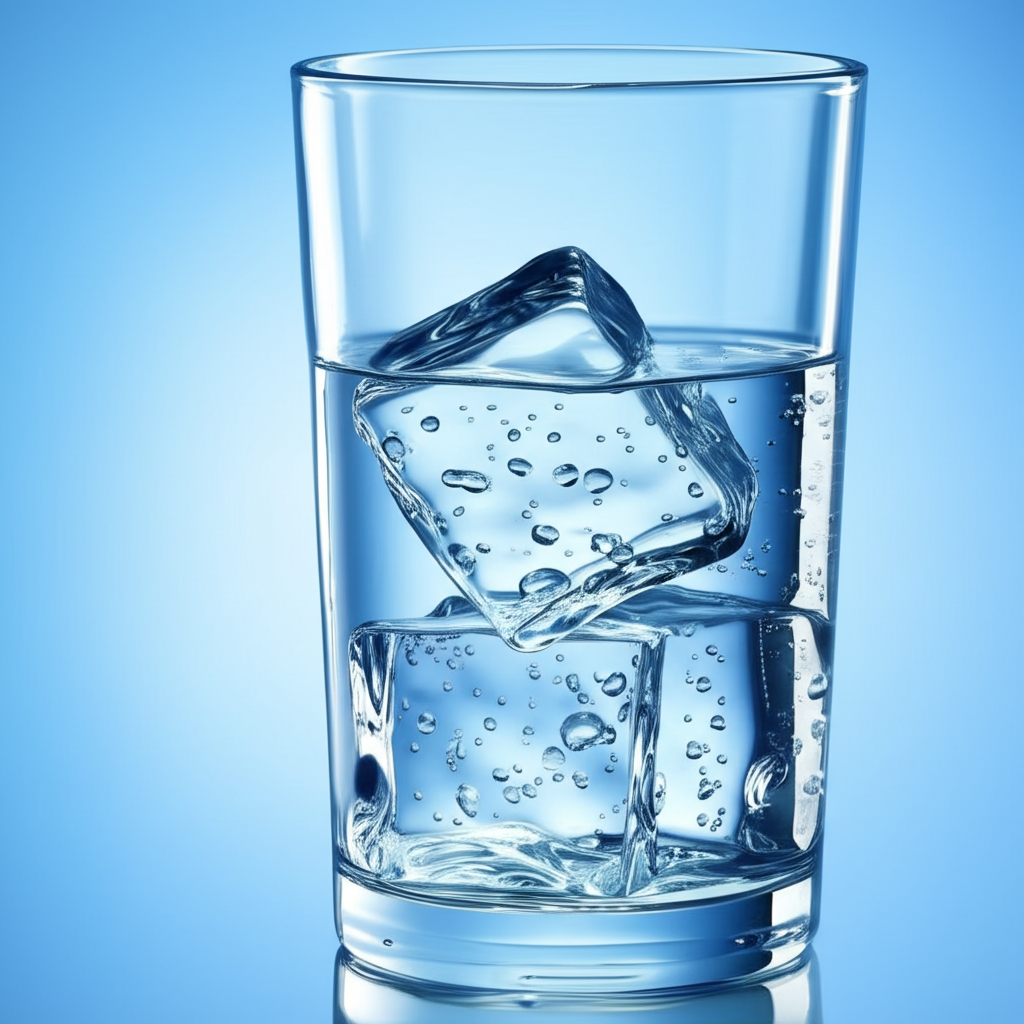Heartburn and gastritis are common complaints often discussed on platforms like Facebook and YouTube. These conditions primarily stem from one major cause, with a secondary factor potentially contributing. This discussion aims to explain the primary cause and its solution, as well as address the secondary cause and its resolution.
Heartburn and gastritis are prevalent issues. The stomach, located higher in the abdomen than many believe, receives ingested food. Its walls contain cells that produce hydrochloric acid upon sensing food. This acid is incredibly potent, capable of breaking down almost anything. In fact, this acid is so strong it can dissolve a steal nail in days. The stomach lining doesn’t dissolve due to the production of sodium bicarbonate by the stomach and nearby pancreas.
Sodium bicarbonate neutralizes the acid, protecting the stomach lining. Heartburn occurs when there is too much acid and not enough sodium bicarbonate. Anti-acid medications, commonly prescribed, block all acids, which can hinder nutrient absorption and disrupt the body’s natural processes.

Experience with over 500,000 individuals across various countries reveals that 80% of heartburn and gastritis cases are due to severe dehydration. The body uses sodium from diet and carbon dioxide from respiration to produce sodium bicarbonate. Insufficient water hinders this process, leading to acid imbalances. Clinical experience shows that increasing water intake often resolves these issues within a week or two.
The recommended water intake can be calculated as follows: Body weight in kilograms divided by 7 equals the number of 250ml glasses of water needed daily. Alternatively, body weight in pounds divided by 16 equals the number of 8-ounce glasses. Increasing water intake allows the body to produce enough bicarbonate, eliminating the need for anti-acids. This solution is often overlooked because it is not profitable to promote.
The remaining 20% of cases are often diagnosed as nervous gastritis, linked to the nervous system. This condition often stems from emotional stress and can be exacerbated by poor sleep quality. Research has shown that stress can cause stomach bleeding.
Addressing nervous gastritis involves calming the nervous system. Recommendations include eliminating wheat, rice, and corn (TAM) from the diet for two weeks to identify potential trigger foods. Additionally, consuming water with salt and lemon can have a soothing effect due to the calming properties of salt and the magnesium and potassium content of lemon. Magnesium and potassium supplementation can also be beneficial.

Furthermore, incorporating green juices into the diet, practicing deep breathing exercises, and spending 10-15 minutes in the sun several times a week can help calm the nervous system. Grounding, or direct contact with the earth, can also reduce internal currents and promote relaxation.
Managing nervous gastritis requires a focus on calming the nervous system. If dehydration and dietary changes don’t provide relief, addressing nervous system imbalances is crucial. Remember, most cases of heartburn and gastritis can be resolved with adequate hydration, while the remaining cases benefit from managing nervous system health.



